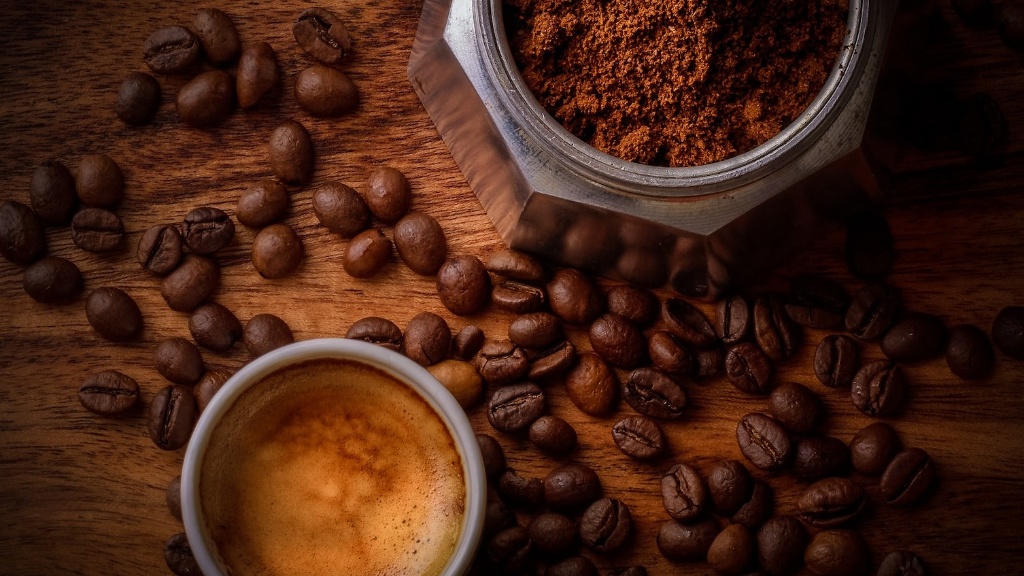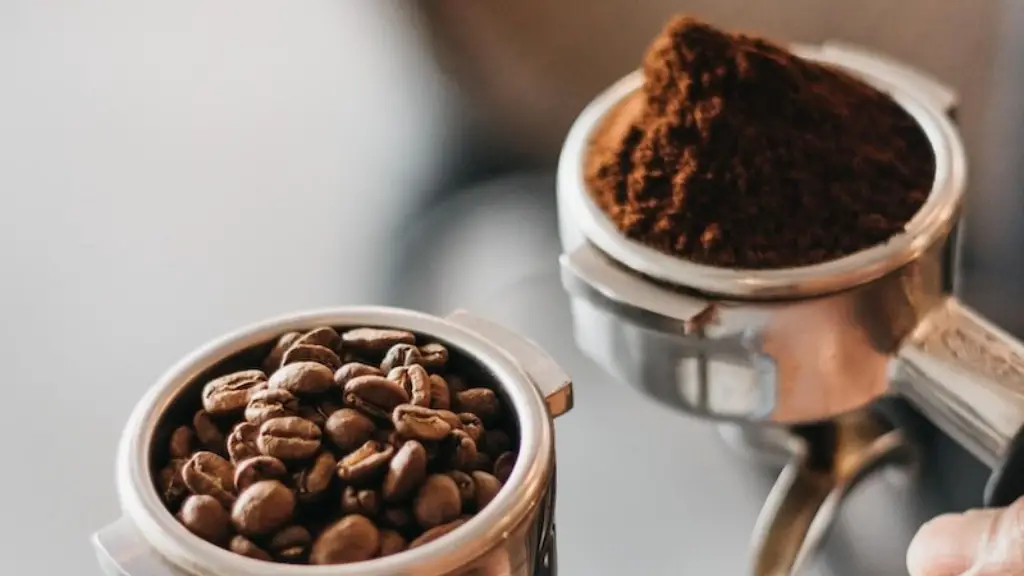When it comes to donating blood, it is important to be conscious of your health and habits leading up to the donation. Coffee is one the common beverages consumed by millions of people every day, so when it comes to donating blood, should you drink coffee before donating?
It is best for a person’s health if they limit their consumption of caffeine. In terms of donating blood, specifically, the U.S. Food and Drug Administration (FDA) recommends that a person not consume more than 200 milligrams (mg) of caffeine before donating blood. That’s the equivalent of two to three cups of coffee. Drinking too much of it before a donation can cause a person to feel light-headed or dizzy. If that happens, a donation may be delayed or cancelled.
However, the limited amount of caffeine recommended by the FDA should not be a concern for the average coffee-drinker. “The amount of caffeine that would have notable effects on a person’s physiology prior to donating blood is so far above the 200 mg daily limit as to not be a concern,” says Graham Simpson, M.D., a physician and medical director at the Vitality Institute of Agoura Hills, Calif. For the average coffee-drinker, if they consume coffee at the same or close to the same time every day, to obtain their regular daily dose of caffeine, they should be fine to donate.
If you have a lot of caffeine on the day you intend to donate, this can complicate your ability to donate, however. “If you wait four hours after having a caffeinated beverage and you’re still feeling energized or jittery, then it might be a good idea to hold off on your donation,” says Sabrina Murphy, M.D., a hematologist and medical director of Red Cross Blood Services for the Gulf Coast Region.
In some cases, people may opt to save their coffee for after their donation. “Given the known health benefits of caffeine, I typically advise my patients to enjoy a cup of coffee post-donation, instead of pre-donation, if they have any concerns,” Simpson says. He adds that one cup of coffee post-donation may actually help you to feel more energized and reduce the likelihood of fatigue or feeling light-headed after a donation.
If you’re concerned about drinking coffee before donating or consuming too much of it, you can always ask a staff member at your blood donation center or talk to your primary doctor. Doing so can help you determine the best approach for you, individually.
Nutritional Benefits
Coffee is an excellent source of nutrition and provides a range of health benefits. It is full of essential vitamins and minerals, is low in calories and carbohydrates, and provides ample antioxidants. Coffee is also one of the greatest sources of dietary magnesium, a mineral that plays a key role in energy metabolism and brain function. Coffee also increases alertness and reduces fatigue, lowering the risk of falling asleep during an important task.
Additionally, coffee is a good source of dietary fiber, which is essential for healthy digestion and for maintaining a healthy weight. Coffee can also help to reduce the risk of developing type 2 diabetes by up to 30%. Studies also suggest that coffee can help to protect against cardiovascular disease and reduce the risk of Alzheimer’s, as well as certain types of cancer.
Coffee is also a great source of hydration. Drinking a cup of coffee can actually provide up to 29% of your daily water intake, which is important for overall health, mental sharpness and performance.
How Much Is Too Much?
Coffee is generally considered safe to drink in moderation. The American Academy of Nutrition and Dietetics recommends that adults should no more than 400 milligrams of caffeine per day, which is about four cups of coffee. Drinking more than that can result in a range of problems, including anxiety, irritability, restlessness, and headaches.
It is also important to keep in mind that people may have different levels of sensitivity to caffeine. Some individuals may be more sensitive than others, meaning they may have to limit their caffeine intake to less than the recommended 400 milligrams per day. It is important to know your own body and be mindful of how much caffeine you are consuming.
Although caffeine has some health benefits, it is important to consume it in moderation. Too much caffeine can lead to negative health effects, so it is important to be mindful of how much you are drinking and when you are drinking it.
Types of Coffee
There are many types of coffee and all of them contain caffeine. Espresso has the highest caffeine content, followed by Turkish, boiled and cold brewed coffees, in that order. Instant coffee is the least caffeine-rich, containing about half the amount of caffeine as espresso. The caffeine content can also vary, depending on how the coffee is brewed.
For example, if you brew your coffee with a French press, it can be up to three times more concentrated than a filter. However, filter coffee is typically more caffeinated than instant coffee because the filter keeps more caffeine, while instant coffee has gone through a more intense process of extraction.
Coffee isn’t the only source of caffeine. Many other foods and drinks, such as tea, soda, and energy drinks, also contain caffeine. It is important to take into account all of your sources of caffeine if you decide to donate blood.
Alternatives To Coffee
If you are looking for an alternative to coffee, there are several options. Tea is a great way to get the same energy-boosting effects of caffeine without the jitteriness that coffee can cause. Green tea has the most caffeine, but black tea and white tea both contain small amounts. Herbal teas can also provide a boost of energy, but without the caffeine.
There are also plenty of low-caffeine drinks that can provide a sustained energy boost, such as kombucha, chai, cocoa and Matcha. Matcha is a type of green tea that is packed with antioxidants and has a small amount of caffeine, but it is still low enough to be safe for blood donation.
Sleep Considerations
It’s important to stay well-rested when donating blood, as this will help your body make enough red blood cells to replenish what you give away. Coffee is a stimulant, so it is best to not drink coffee before donating because it can interfere with sleep and cause fatigue. It is also important to remember that caffeine has an impact on the body, so it is important to make sure that you are not relying on caffeine to get you through the day.
It is best to plan ahead and make sure that you are getting enough sleep — ideally, 7 – 8 hours — the night before your donation, as well as maintaining a regular sleep schedule in general. Research has shown that getting adequate sleep helps to regulate hormones and can help to reduce fatigue, so it is important to prioritize getting enough restful sleep.
Mental Health Considerations
Coffee can be one of the things people rely on to increase alertness and productivity. However, it is important to remember that caffeine can also increase anxiety and heart rate, which can be counterproductive in terms of donating blood. Therefore, it is important to be mindful about your caffeine intake when preparing for a blood donation.
If you are experiencing high levels of stress or anxiety, it is best to avoid caffeine altogether, as it can make it worse. Taking breaks and practicing relaxation techniques such as deep breathing and mindfulness can be beneficial for both mental and physical health and can help you to relax before your donation.
Goals For Donation
Drinking coffee before donating makes it important to be mindful of your caffeine consumption. It is important to know that if you choose to drink coffee before donating, you should limit yourself to the recommended 200 milligrams. It is also important to ensure that you are adequately hydrated before and after your donation.
You can also opt to drink coffee after your donation if you are worried about feeling lightheaded or fatigued afterwards. This can help you to reenergize and be on top of your game. Ultimately, it is important to be aware of your caffeine intake and make sure that it does not interfere with your blood donation.
Attitude For Donation
Having a positive attitude towards donating blood is key. Keeping an optimistic outlook can help you to stay motivated and relieved of any stress and anxiety that you may experience when donating. People who donate blood are already making a huge impact in society, so it is important to stay positive and know that you are making a difference in the world.
It is also important to remember that blood donation is a safe and easy process. Most people who donate do not experience any adverse reactions. The entire process — from the initial physical to the actual donation — typically takes less than an hour. Knowing this information, it can help to ease any worry or concern a person may have about donating.





